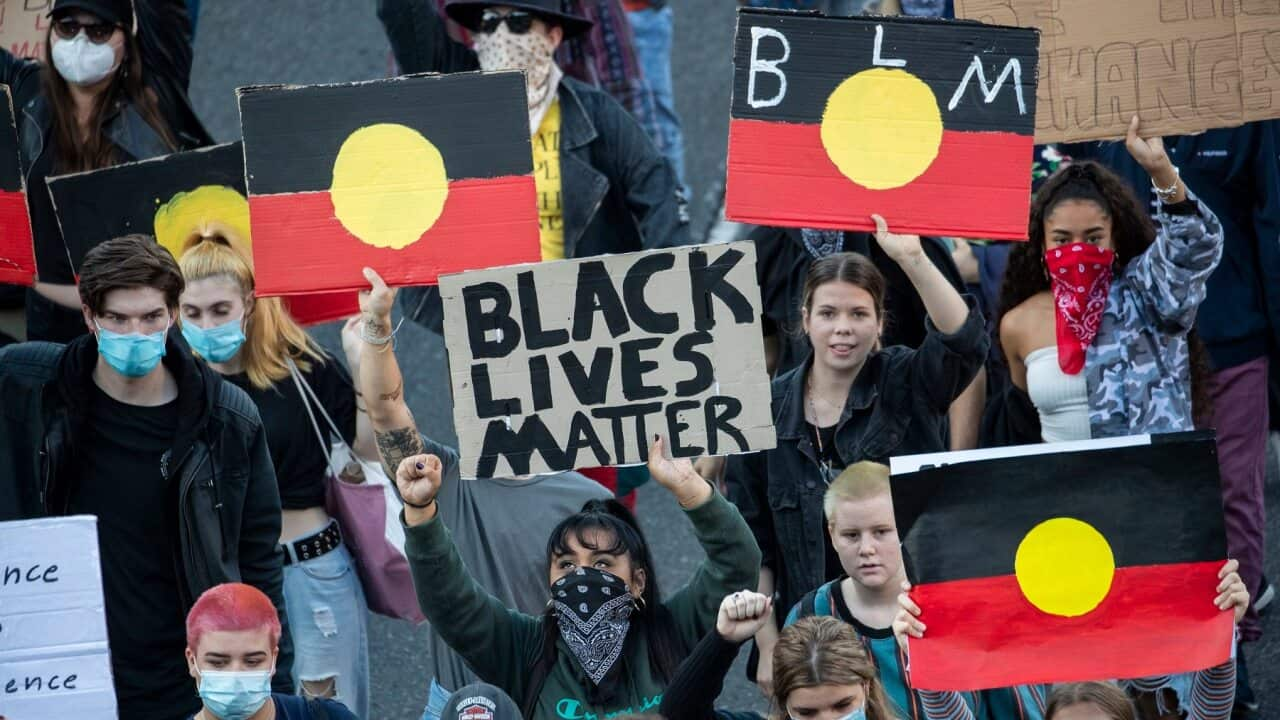Three out of four Australians hold a racial bias against Indigenous Australians.
No matter their age, gender, job, religion, education level or income - the majority of people on average held an unconscious negative view.
The findings from an Australian National University study released on Tuesday revealed an invisible barrier, author Siddharth Shirodkar says.
"It was certainly shocking ... but it also wasn't necessarily surprising," he told AAP.
"It says something, not so much about Indigenous people, it says something more about the rest of us."
Men were more biased than women against First Nations peoples.
Western Australians and Queenslanders showed higher levels of unconscious prejudice, while people in the Northern Territory and ACT showed less.
People who identified themselves as "strongly left wing" still showed signs of negative views against Indigenous Australians, while those who put themselves on the right-wing side displayed higher levels of bias.
Australians showed the same level of bias against Indigenous Australians as people held against African Americans in the United States.
The study tested 11,000 Australians over a decade since 2009.
It looked at the response time of online volunteers to an association test, which flashed images of white people and Aboriginal Australians as well as positive or negative words.
It found the majority of Australians showed a preference for white faces.
Mr Shirodkar said while Australians might hold an unconscious bias, they still could choose whether or not to act on it. "(If) we don't challenge that, then that can seep into our everyday decision making," he said.
"(If) we don't challenge that, then that can seep into our everyday decision making," he said.

A young girl holds a sign at a Black Lives Matter rally in Sydney. Source: SBS News: Nick Baker
He said some demographics were over-represented in the survey, including capturing more women, left-leaning voters and university educated people.
This meant the level of implicit racial bias may be under-reported.
The report came as thousands of Australians protested against Indigenous deaths in custody over the weekend.
Mr Shirodkar said the report's release was a coincidence, but the Black Lives Matter protests worldwide had given people a reason to pause and reflect.
"The study can maybe help us think more about internally how we treat one another but also how we think about one another," he said.


